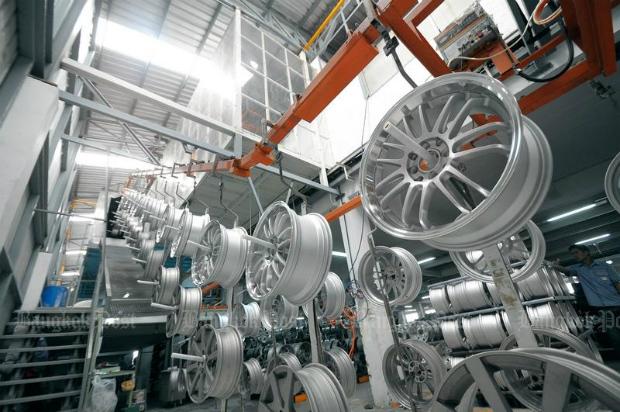TPP talks in Sydney end with further negotiation set for Sept
SYDNEY – Chief negotiators from the 11 remaining member countries of the Trans-Pacific Partnership trade deal agreed to reconvene in September, after three days of talks ended in Sydney on Wednesday.
Japanese chief negotiator Kazuyoshi Umemoto told a press conference that they agreed to meet in Japan in late September, in the hope of reaching a final decision ahead of the Asia-Pacific Economic Cooperation forum summit to be held in Vietnam in November.
Umemoto said that as a result of the Sydney talks, “common understanding between their various countries had progressed.”
The September talks would be the second time TPP negotiators have met in Japan in three months, following discussions at a hot spring resort southwest of Tokyo in July where members agreed to a new framework, following the Unit States withdrawal in January.
Since President Donald Trump announced the US would be pulling out of the TPP, in order to pursue bilateral deals that adhere to his “America first” doctrine, negotiations have been on shaky ground.
During the Sydney talks, several countries requested amendments or freezes be made to elements of the trade deal, in particular, to issues surrounding government procurement and the protection of pharmaceutical intellectual property.
It is understood that Japan is hoping to minimise amendments to the trade deal as much as possible to ensure a speedy outcome.
However, sources close to the negotiations told Kyodo News that while talks were “going OK,” they may not be progressing as fast as some member countries may like, alluding to the Japanese and Australian delegations, both of which cited the Apec forum in November as the ideal time to finalise the trade deal.
The TPP was signed in February 2016 by Australia, Brunei, Canada, Chile, Japan, Malaysia, Mexico, New Zealand, Peru, Singapore, the US and Vietnam — covering around 40% of the global economy.
But as currently framed, the trade agreement can only be put into force when ratified by at least six countries accounting for a combined 85% of the economic output of the initial 12 signatory nations — an impossible hurdle to clear in the absence of the US, which alone accounted for 60% of the total.
Thus the agreement must be revised, and the 11 remaining countries are divided on how far the changes should go.
Source: http://www.bangkokpost.com/business/world/1315871/tpp-talks-in-sydney-end-with-further-negotiation-set-for-sept


 Thailand
Thailand




